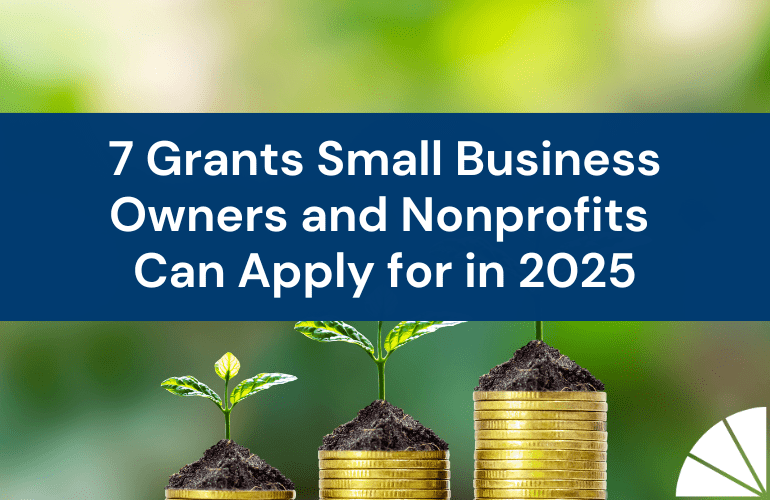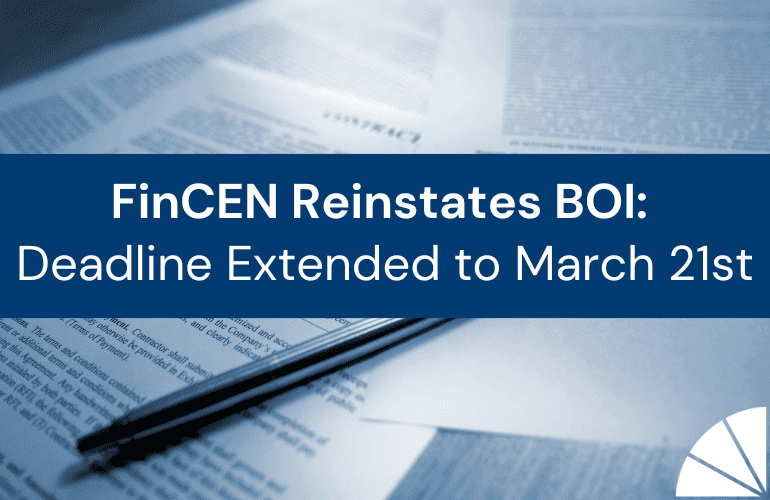
Despite the pandemic, the Russell Bedford International (RBI) Network has continued to grow. Over the last year, two firms joined the network in the US alone. Today, the RBI network spans 100 different countries and consists of 1,000 partners in 350 offices. As a member of the RBI Network, LGA has instant access to valuable accounting, audit, tax, and consulting resources and connections across the globe. In turn, we use our RBI resources to provide our clients with actionable insights.
In July, we attended the 2021 RBI International Tax Conference and shared our insights. At the end of October, we also attended the 2021 RBI International Annual Global Meeting, where we participated in interactive panel discussions and heard from tax experts and award-winning public speakers from around the world. LGA is also proud that one of our partners, Scott Sagan, was among the four esteemed panelists this year, discussing best practices for CPAs providing services to families and family-owned businesses. And I am excited to pass along some insights from the RBI Network this year.
Climate Change, Inequality, & COVID-19
Financial regulators are considering expanding external reporting standards to include reporting of more than financial information. Risks related to climate disasters, income disparities, social and economic inequities, and global health crises affect companies, the economy and stability of financial markets. There is a shift toward nonfinancial disclosure of these risks on the horizon. The transition will undoubtedly be challenging, as no single business owner or advisory professional is an expert in finance, taxation, climate, inequality, and communicable diseases.
According to the Federal Reserve, both climate change and the COVID-19 pandemic are considered “near-term risks to the financial system.” In response to climate change, the OECD is in favor of implementing a comprehensive environmental taxation policy that raises the price of carbon emissions, broadens the reach of carbon pricing, and extends these policies to include all greenhouse gases. The goal is to incentivize low-carbon use to drive a more equitable economy and raise the US’s competitiveness on the international playing field.
The pandemic has rapidly increased the digitization of the economy, meaning more and more multinational companies are earning income in a jurisdiction where they are not physically located. Authorities are reexamining policies around permanent establishment, so multinational companies may be subject to tax in additional jurisdictions. In addition, tax authorities are moving compliance online to improve collections and ease of filing. Companies will need to remain alert and address policy changes and new developments.
Multinational companies should prepare for potential increases in tax rates across the board. Programs for healthcare initiatives, such as vaccinations and preventing the spread of the virus, have been costly. Just as states in the US are seeking funds to cover the costs through taxation, countries around the world are engaging in the same efforts. And those trading with the UK should keep in mind that several trade agreement renegotiations have occurred since Brexit.
The OECD & BEPS 2.0
While the Organisation for Economic Co-operation and Development (OECD) has long overseen international efforts to enable countries to prevent tax evasion and corporate tax avoidance, the European Union (EU), G20, and International Monetary Fund (IMF) are becoming impatient with their lack of progress with the two-pillar plan on base erosion and profit shifting (BEPS 2.0) released in October of 2020. The OECD is under tremendous pressure to pass the plan and avoid being replaced as the leading authority.
Pillar 1 allocates a portion of the residual profits of certain multinational corporations to market jurisdictions based on revenue earned there, while Pillar 2 creates a global minimum tax of at least 15%. Pillar 2 is largely supported, so there is a high probability we will see the 15% global minimum tax come into play. However, the US does not support Pillar 1, which jeopardizes the OECD’s intentions.
The Importance of Diversity, Equity, and Inclusion
Communication specialist and author, Shola Kaye, spoke on the importance of diversity, inclusion, and empathy in the workplace. While LGA has always strived to include these elements in our firm’s culture, we’re making a concerted effort to not only use Kaye’s insights to better serve our clients and community but also to share those insights so that you may consider incorporating them into your own business practices.
Consider getting involved in networks outside of your regular hiring pool to broaden your opportunities to connect with and recruit racial and ethnic minorities, LGBTQ individuals, veterans, and women.
Gender diversity is a proven asset. According to Mckinsey’s Diversity Wins Report, “companies in the top quartile for gender diversity on executive teams were 25% more likely to have above-average profitability than companies in the fourth quartile.” But women are still grossly underrepresented at all management levels. According to a Harvard Business Review study, women often avoid applying for jobs due to fear of failure if they do not meet all listed qualifications. In recruiting, consider placing fewer limitations, requirements, and criteria in your job ads to open up more opportunities for gender diversity.
Practicing inclusion involves allowing everyone to advance, speak, and be heard. Inclusion also requires management to accept that emotions and disagreements in the workplace are not taboo. Recognizing how your employees feel can help you improve your company’s culture. And bettering your culture allows you to improve employee morale, boost productivity, provide better services, and form lasting client relationships.
At the leadership level, transparency, flexibility, and empathy go a long way in improving a company’s culture. Your employees should feel supported and not like they have to lie low and simply survive the workweek. When employees feel like their supervisor cares about them, studies show they are more likely to be satisfied, motivated, and productive.
Contact LGA
Because of our RBI Network membership, LGA’s International Tax Services Team has the resources to address a wide variety of international business and individual tax needs. Contact me today if you have questions about our insights from the 2021 RBI International Annual Global Meeting or would like to discuss your international tax needs.






